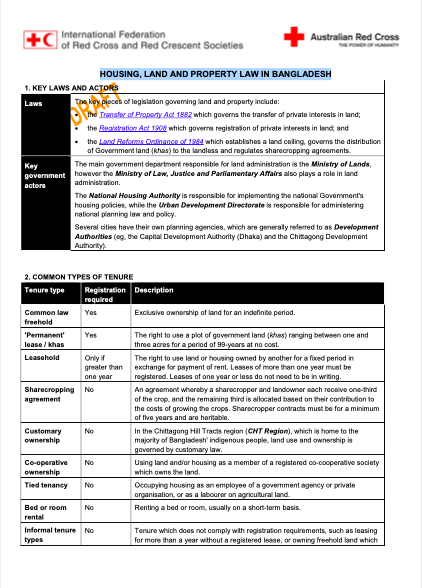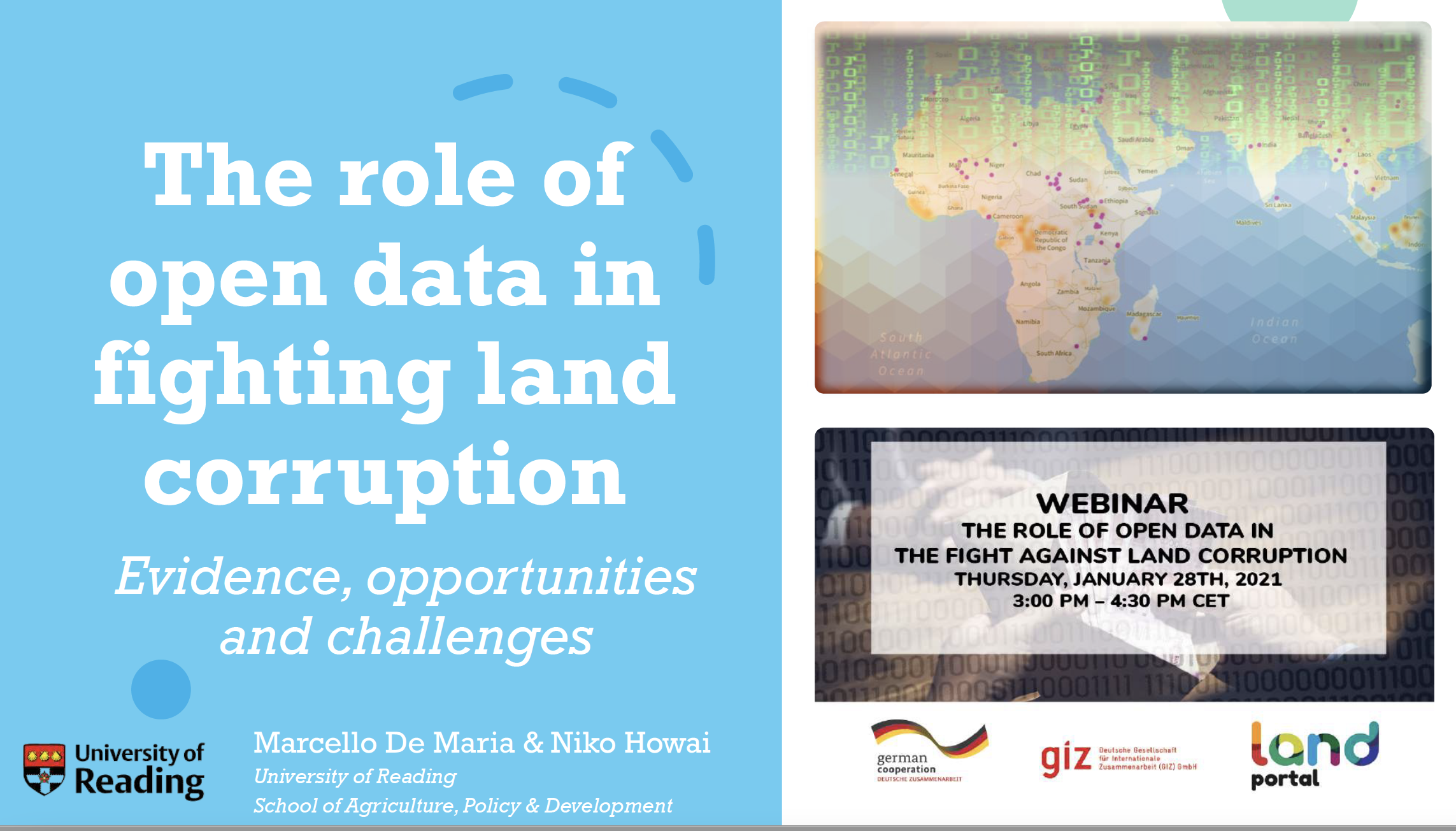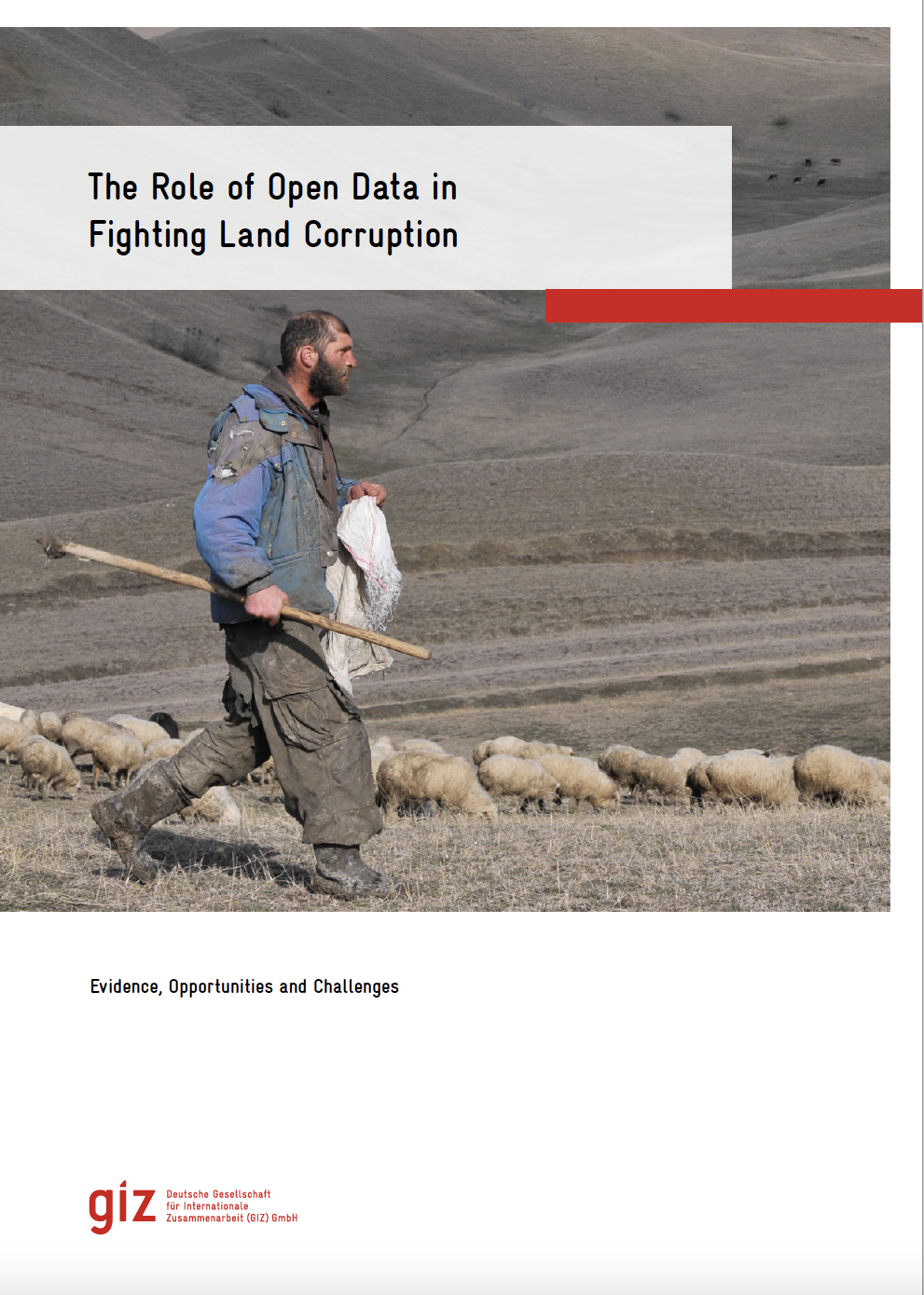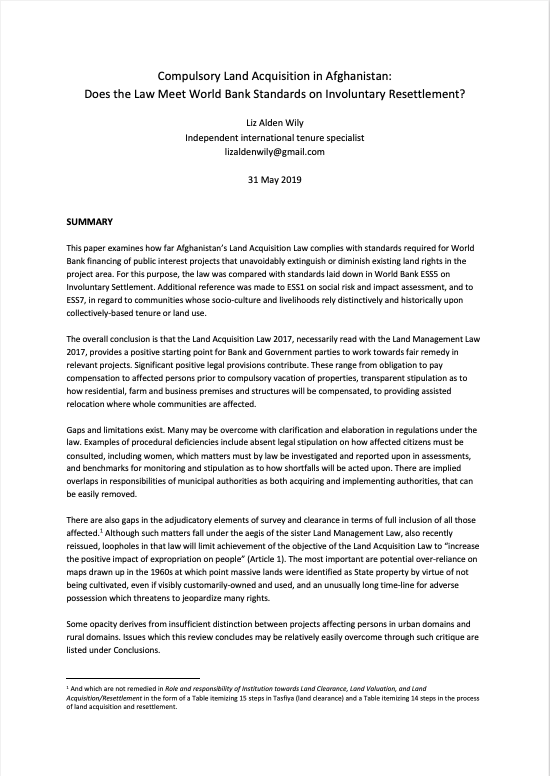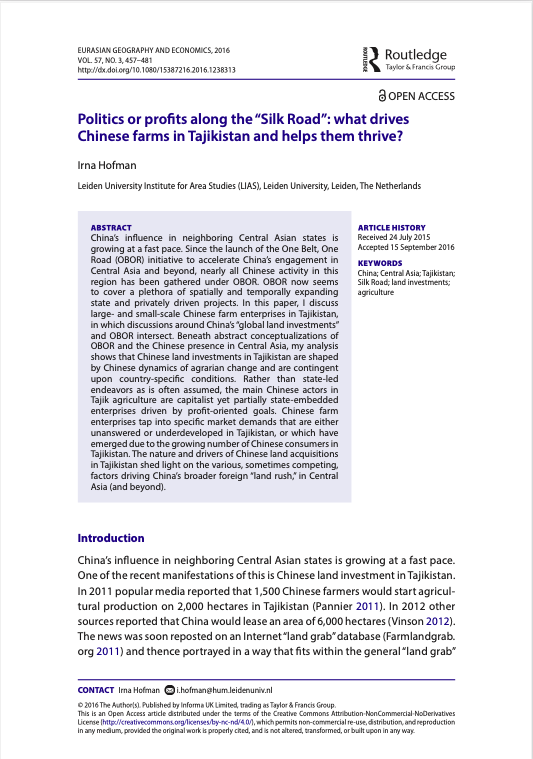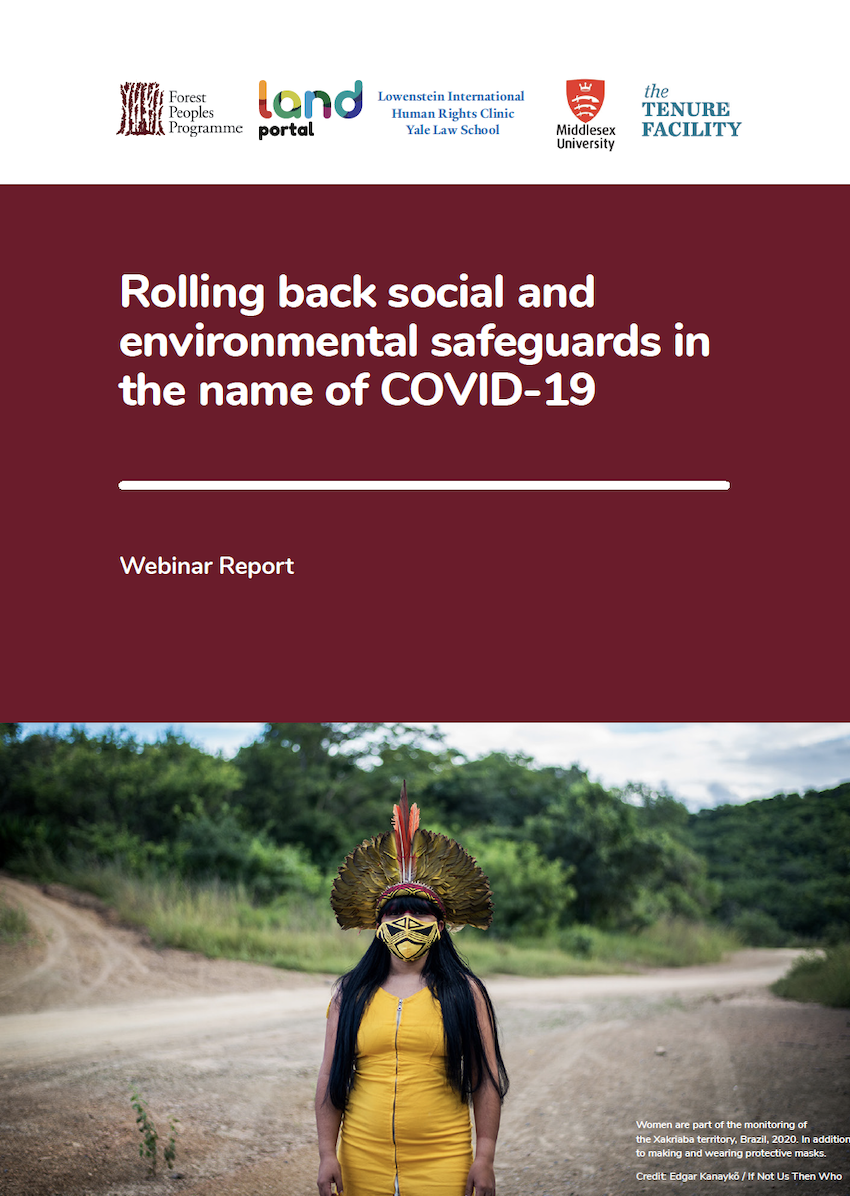Housing, Land and Property Law in Bangladesh
The Red Cross Red Crescent aims to respond to disasters as rapidly and effectively as possible, by mobilising its resources (people, money and other assets) and using its network in a coordinated manner so that the initial effects are countered and the needs of the affected communities are met.
The Australian Red Cross (ARC) is a key Partner National Society, supporting the International Federation of Red Cross and Red Crescent Societies' (IFRC) response to natural disasters in the Asia- Pacific.

